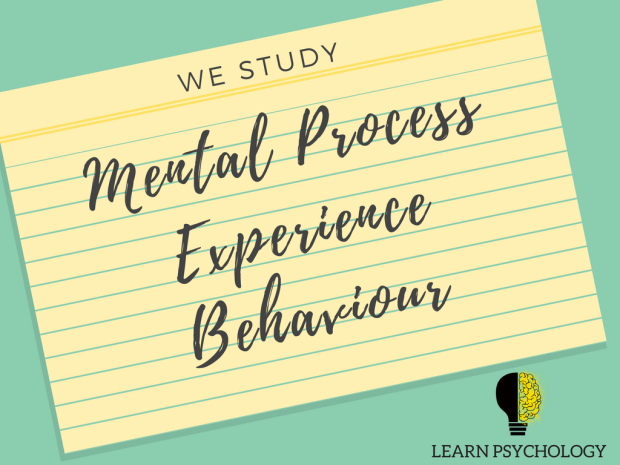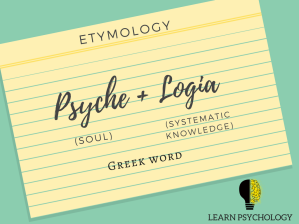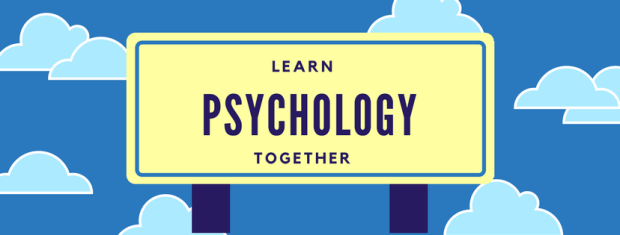Well, a lot of time people equate a person who sleeps a lot with them being lazy. We all have heard the statement from our family members – Saara din soti rehti hai.
 I also used to believe that I sleep a lot until I got a sleep monitor band. When I started wearing it, I realised that I hardly get more than 6 hours of sleep. Most of the days, it is just 5 hours of good sleep, even if I was actually sleeping for 7 hours according to the clock.
I also used to believe that I sleep a lot until I got a sleep monitor band. When I started wearing it, I realised that I hardly get more than 6 hours of sleep. Most of the days, it is just 5 hours of good sleep, even if I was actually sleeping for 7 hours according to the clock.
That made me wonder, why do I feel sleepy?
If I am trying to catch up with my sleep, why people think I am wasting my time? And, then I recently read somewhere that March 15 is World Sleep Day. No, that doesn’t mean that we need to sleep all day long on the 15th of March every year.
This day is celebrated every year to create awareness about the benefits of good and healthy sleep.

Most of us suffer from sleep disorders and we don’t actually realise it. In our society, talking about sleep problems is not an ACTUAL problem. Just like depression is equal to being just too sad. Feeling sleepy means you are just lazy.
Sleep is very important for our well being. If I don’t get enough sleep, then I start feeling cranky and end up being irritated on people around me the following day!
 Insomnia is so common among youngsters these days. We just spend hours and hours on our phone because we are not able to sleep. And, because of the light and mind activation caused by looking at moving pictures in turn our brain does not get the signal to sleep. We are just not able to switch off everything and try to sleep with our thoughts for 30 minutes. Even I can’t do it. Our mind is so unstable that it keeps getting diverted and then to control our thoughts, we get glued to our smartphones or computers.
Insomnia is so common among youngsters these days. We just spend hours and hours on our phone because we are not able to sleep. And, because of the light and mind activation caused by looking at moving pictures in turn our brain does not get the signal to sleep. We are just not able to switch off everything and try to sleep with our thoughts for 30 minutes. Even I can’t do it. Our mind is so unstable that it keeps getting diverted and then to control our thoughts, we get glued to our smartphones or computers.
It’s high time we need to create awareness about such issues also and start talking to a specialist who can solve our problem. We need to sleep at least 7-8 hours of sound sleep daily.

So, as the slogan of World Sleep Day says, When sleep is sound, health and happiness abound! Sleep well and live fully awake 🙂
Originally published on the website Patna Diaries

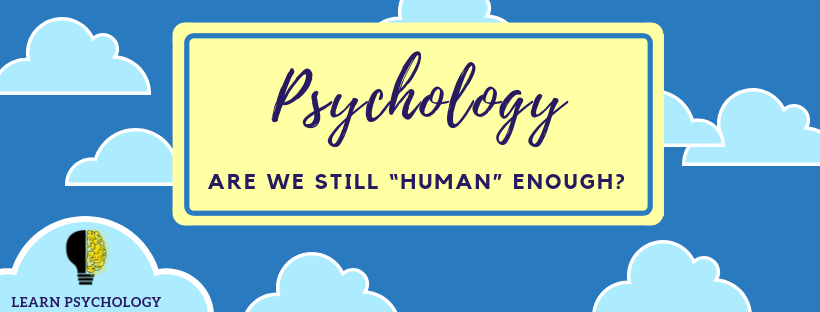


 outlet to take all this frustration out. It is said that when we are provoked, then our brain releases certain hormones, which make us experience a surge of energy in our body. People feel self-empowered if they give a violent reaction. Thus, getting angry on strangers on the road and on the internet is the easiest escape mechanism in today’s time.
outlet to take all this frustration out. It is said that when we are provoked, then our brain releases certain hormones, which make us experience a surge of energy in our body. People feel self-empowered if they give a violent reaction. Thus, getting angry on strangers on the road and on the internet is the easiest escape mechanism in today’s time.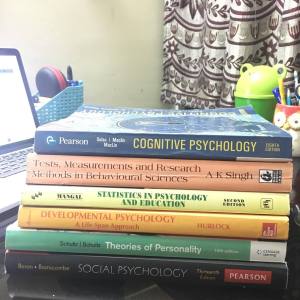 (Can be skipped)
(Can be skipped)
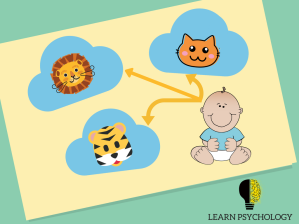
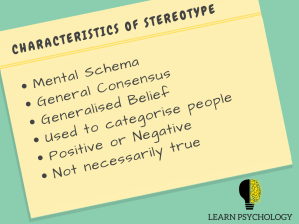 These schemas are then extended into stereotypes, where we add some qualities and beliefs with the whole group. So, “Punjabis are jovial”, “Biharis are hard working”, “South Indians eat rice”. This stereotyping helps us to respond to a situation rapidly. When we meet a Punjabi, then we are automatically comfortable with them, or we meet a Bihari employee then we know he/she will complete the assigned work.
These schemas are then extended into stereotypes, where we add some qualities and beliefs with the whole group. So, “Punjabis are jovial”, “Biharis are hard working”, “South Indians eat rice”. This stereotyping helps us to respond to a situation rapidly. When we meet a Punjabi, then we are automatically comfortable with them, or we meet a Bihari employee then we know he/she will complete the assigned work.



